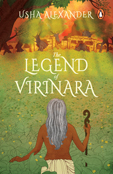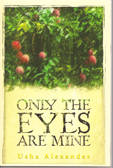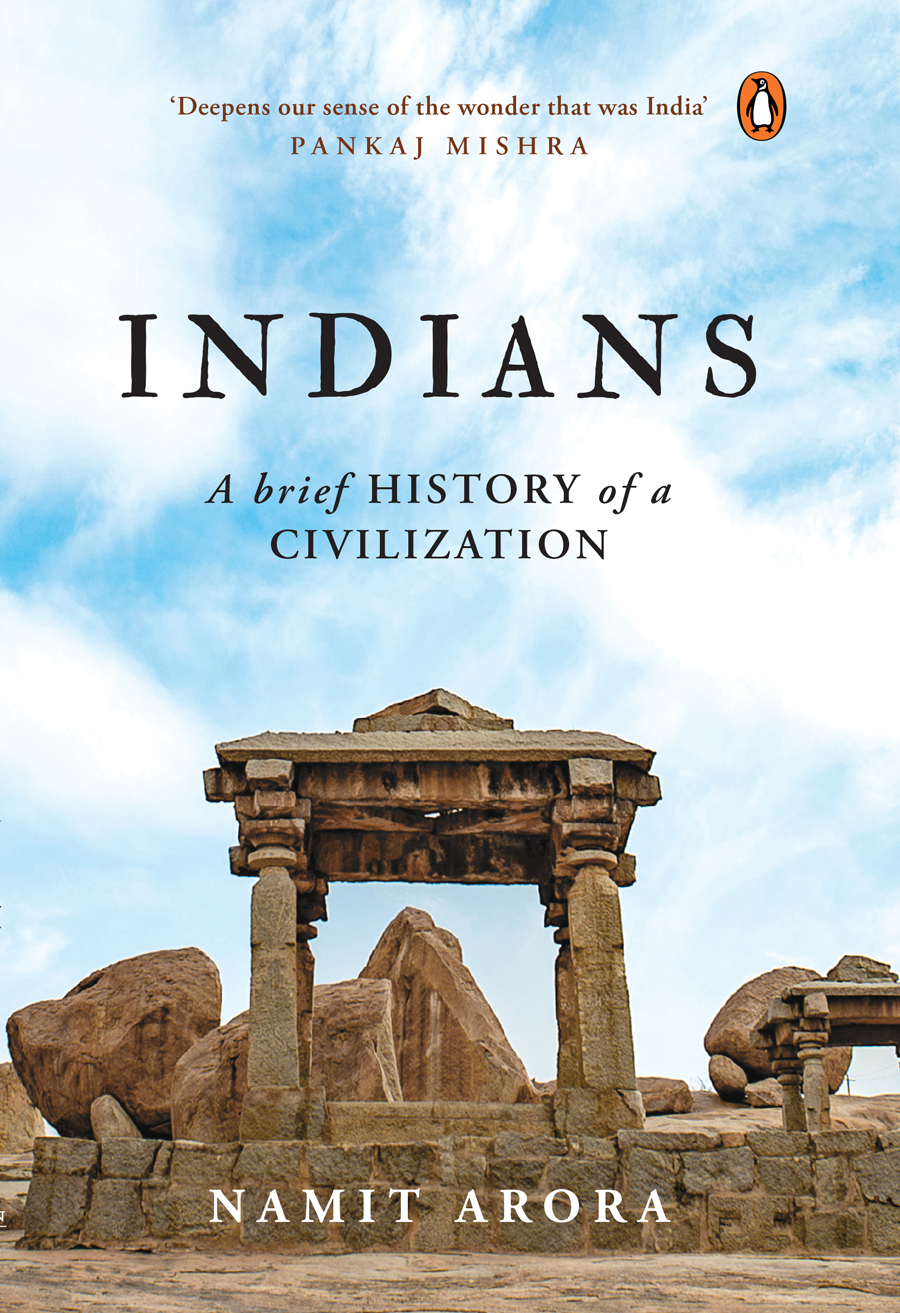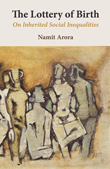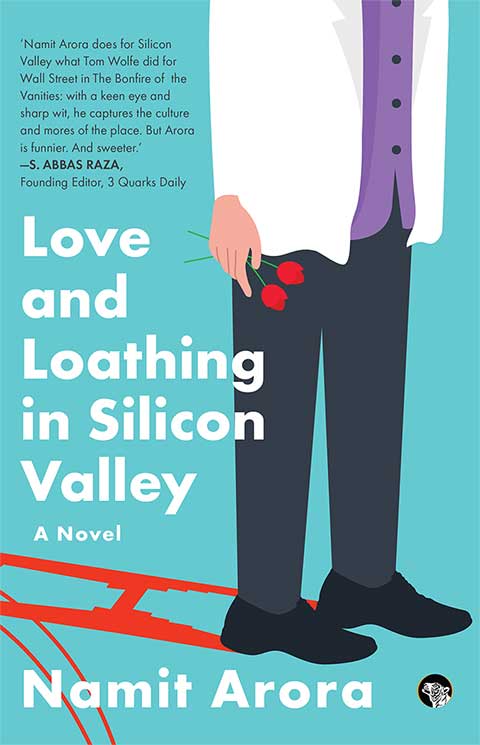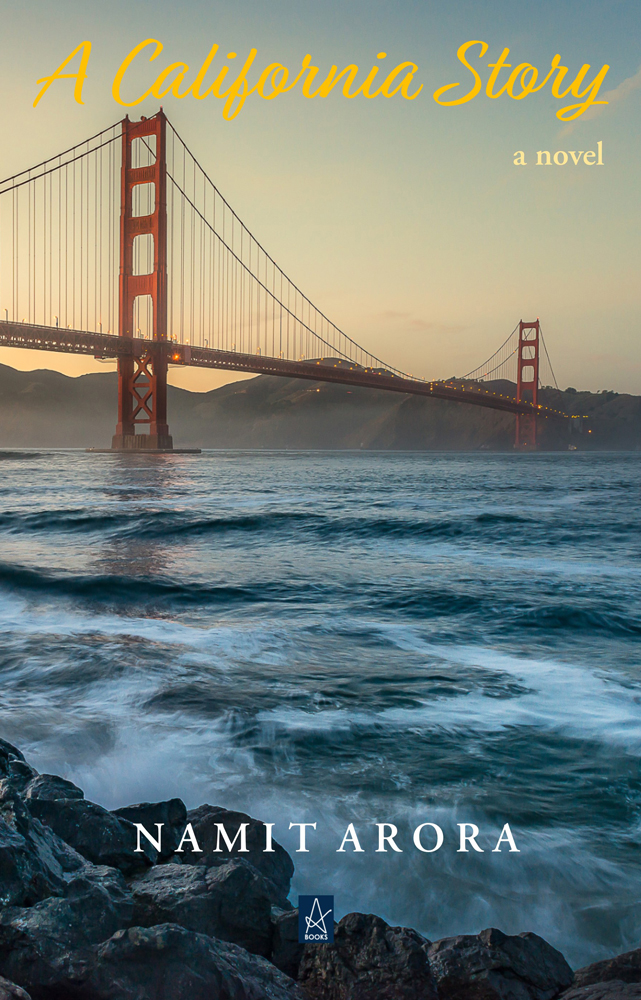Thanjavur, Tamil Nadu, India
An early Chola capital from the 9th to the 11th century CE, Thanjavur, or Tanjore, again gained prominence during the Vijayanagar, Maratha, and British periods. Its attractions today include the spectacular Brihadishwara Chola temple (built by Raja Raja in 1010 CE, this pinnacle of Chola architecture is also a UNESCO world heritage site, and the palace of Serfoji (1798-1832), a Maratha prince. Industries include cotton mills, traditional handloom weaving, and the manufacture of vinas (South Indian stringed instruments). [Adapted from Encyclopedia Britannica]
Thanjavur is also home to a major collection of Medieval manuscripts-Maharaja Serfoji's Sarasvati Mahal library-with about 59,000 titles on both palm leaf and paper. A precious cultural resource today, it was fostered by the royals of both the Nayak (1535-1676) and the Maratha (1676-1855) dynasties of Thanjavur. Its eclectic collection includes 4,500 works in French, English, German, and Danish. Over 39,300 are in Sanskrit, written in Grantha, Devanagari, Nandinagari, and Telugu scripts (visit the library website for more).
|
Brihadishwara Temple |
|||
|
Temple in the evening (more)  |
Main temple entrance (more)  |
Courtyard in temple complex  |
|
First gateway (from inside)  |
Inner sanctum  |
||
Second gateway (from inside)  |
Path to the inner sanctum |
||
Subsidiary shrine (entrance)  |
Elephant staircase  |
Temple staff (more)  |
Western face detail (more)  |
North side entrance  |
|||
South side entrance (more)  |
Giant Nandi (more)  |
||
Original paintwork  |
South side entrance  |
Courtyard puja  |
Original paintwork  |
|
|||
|
Expressive eyes  |
Emotive gestures  |
Evocative vocals  |
 |
|
Thanjavur Palace & Museums |
|||
Royal palace (16th century)  |
Nayak durbar hall  |
Durbar hall wall detail  |
Another view of palace  |
Bhikshatanar  |
Kanappa
Nayanar  |
Vijayaragava Nayak  |
Parvati
(Amman)  |
Raja Raja
II and his wife  |
Sri
Rishaparudar and Amman  |
Tanjore from a palace tower  |
Maratha durbar hall ▒  |
Courtyard from durbar hall...  |
...diagonally opposite view  |
Pillared pavilion / museum  |
Another courtyard  |
Designed in collaboration with Vitalect, Inc. All rights reserved. |


